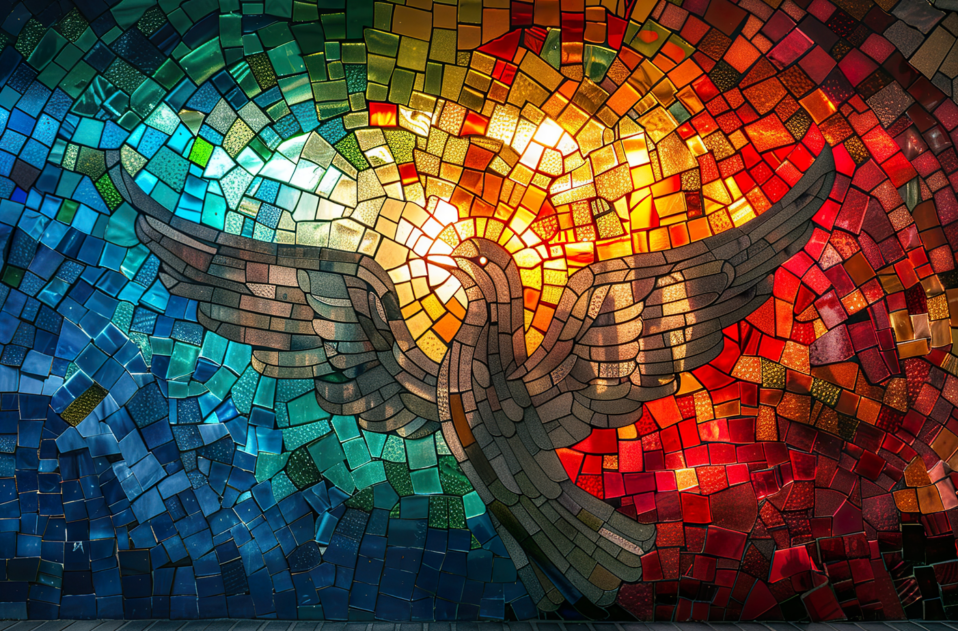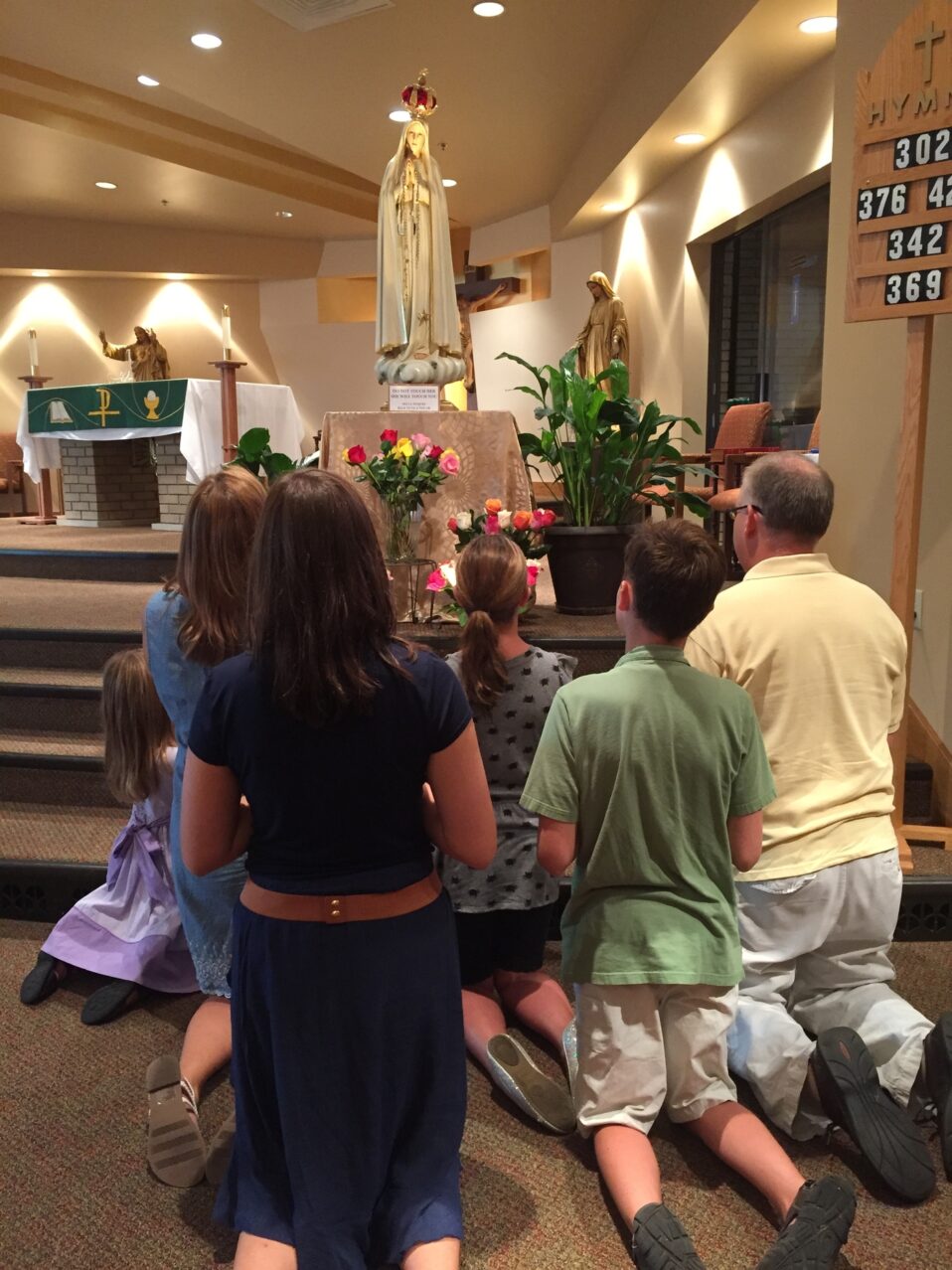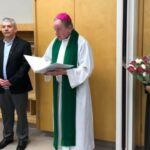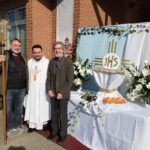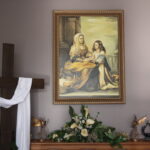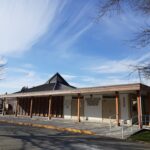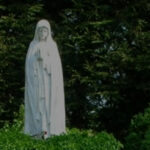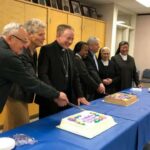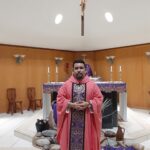BLESSED JOHN SCALABRINI AND DEVOTIONS TO THE MOST BLESSED SACRAMENT—Frequent and daily Communion
The extract speaks of frequent – indeed, daily – communion, with an openness that foreshadows Pius IX (to whom Scalabrini sent the acts of the Eucharistic synod). Communion is not a prize, but a necessity, and in order to have access to it, it is enough to be in the grace of God, without demanding an “extraordinary purity of mind.”
Eucharistic devotion requires that in each parish a considerable number of people should take communion several times a month; others several times a week; and others every day. Where this frequency is not found, even the most essential part of Christianity gradually languishes and fades because it lacks life.
Communion is the spring from which the soul draws the water that wells up to eternal life; it is the place where its wounds are healed; it is, in a word, the principle and end of that union with God raised to the highest power and brought to that highest degree of perfection that can be hoped for in the present order. If the Word of God was united personally with human nature in the incarnation, it is united even more so to our personality in communion. In this way, he divinizes our essence, Christianizing, so to speak, our individual being; and his union with us has as its emblem the same one that transforms food into the substance of the body that eats it. So those who take communion, as a holy doctor wrote, have Jesus in their minds, hearts, breasts, eyes and tongue. This Savior corrects, purifies and vivifies everything. He loves in the heart, understands in the mind, imparts strength in the breast, sees in the eyes, speaks by means of the tongue, and moves every other power. He works all things in all people, and they no longer live in themselves, but is the Word of God who lives in them, setting nobler and higher aims and purer and more perfect motives for their actions.
As you can see, my loved ones, there is nothing beyond this union but heaven. So when the divine substance is conjoined with ours, if God were to transform our understanding into his and our will into his love in the same proportion, then we would see him clearly and love him with the love of the blessed. Now, what else is this if not eternal life?
Take communion, I shall now say to all of you, my very dearest children, take communion often, and you will find all you need. If you lack help, Jesus is strength; if you fear death, he is life; if you desire heaven, he is the way that leads there; if you flee the shadows, he is light; if you seek your food, he is the living bread; so taste how sweet is the Lord. However, so far as you are able, let your life be such as to be worthy of receiving the holy Eucharist each day. Come to Jesus with purity of mind, heart and body, and with the firm intention of never offending him again. Urge yourselves to the liveliest acts of faith, humility, hope and love before receiving him in your breast, and, after receiving him, stay with him for a long time, thanking him for every good thing. Then I am sure that you will always leave the Eucharistic table better, and more disposed and ready to walk to the eternal pastures in the footsteps of the Good Shepherd.


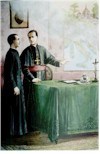
 His new post gave him a chance to bear the first fruits of that pastoral activity that would grow into a personal trademark: a zeal for souls, which places intelligence at the service of good. And thus, we come across his Small Catechism for Nursery Schools (1875), various social initiatives, including those for textile workers and the deaf and dumb, a mutual assistance society to help the unemployed and the handicapped, and the first oratory for men in Como.
His new post gave him a chance to bear the first fruits of that pastoral activity that would grow into a personal trademark: a zeal for souls, which places intelligence at the service of good. And thus, we come across his Small Catechism for Nursery Schools (1875), various social initiatives, including those for textile workers and the deaf and dumb, a mutual assistance society to help the unemployed and the handicapped, and the first oratory for men in Como.